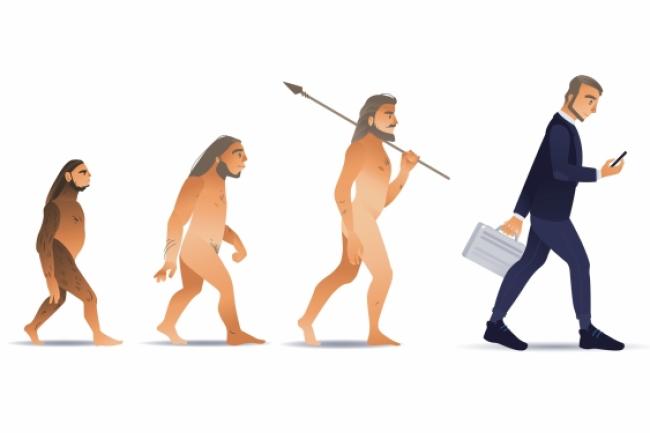WASHINGTON – A landmark journal research article resulting from the Howard University College of Medicine and the Department of Biology examines how racist and sexist depictions of human evolution still permeate a broad range of cultural materials in popular media, education, and science.
The multidisciplinary and inter-departmental team of Howard researchers was led by Rui Diogo, PhD, associate professor in the College of Medicine, and Fatimah Jackson, PhD, a biology professor; and included three medical students – Adeyemi Adesomo, Kimberly S.. Farmer, and Rachel J. Kim. The paper, entitled “Not Just in the Past: Racist and Sexist Biases Still Permeate Biology, Anthropology, Medicine and Education,” is being published in the prestigious scientific journal Evolutionary Anthropology’s latest issue.
“While many discussions on this topic are often more theoretical, our paper shows direct, visual evidence of what systemic racism and sexism really look like,” Diogo, the journal article’s main author, said. “We continue to see, not only in popular culture but also in museums and textbooks, depictions of human evolution as a linear trend from darker and supposedly more ‘primitive’ human beings to more ‘civilized’ ones with a lighter tone of skin, as shown in the paper.”






